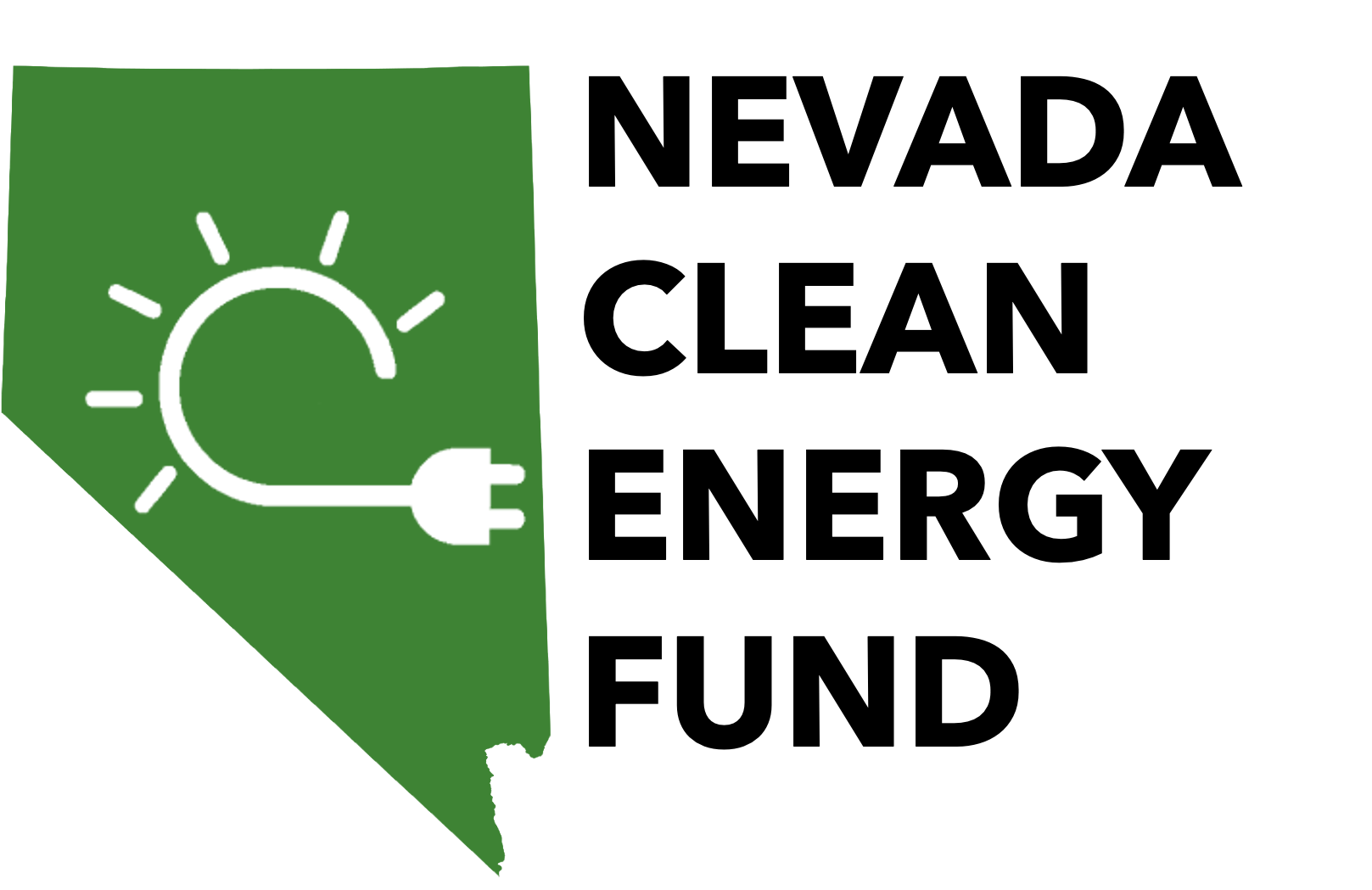
Funding for Energy-Efficiency Improvements
Energy efficiency has the potential to cut the average Nevada household’s utility bill by more than half. Moreover, homeowners looking to reduce their carbon footprint and save on utility bills have a range of options for funding energy-efficiency improvements. Specifically, from tax credits and federal rebates to state-specific programs, there are numerous opportunities to make your home more energy-efficient without breaking the bank. In this article, we’ll explore various funding options available to homeowners, particularly those in Nevada.
Benefits of Energy-Efficiency Improvements
Investing in energy efficiency offers numerous benefits, including:
- Lower utility bills: Reduced energy consumption can lead to significant savings on monthly utility bills.
- Increased home comfort: Energy-efficient homes maintain more consistent temperatures, leading to improved comfort year-round.
- Environmental impact: Reduced energy consumption helps decrease greenhouse gas emissions, contributing to a healthier planet.
- Increased property value: Energy-efficient homes often have higher resale values and are more attractive to potential buyers.
Key Funding Opportunities for Energy Efficiency
Tax Credits and Federal Rebates
The federal government offers a variety of tax credits and rebates under the Inflation Reduction Act to encourage energy efficiency. Homeowners can take advantage of these incentives to offset the cost of improvements such as solar panels, energy-efficient windows, and HVAC systems. See our comprehensive list of available federal incentives. Key programs include:
- Residential Renewable Energy Tax Credit: Offers a credit for 30% of the cost of installing renewable energy systems such as solar panels.
- Energy-Efficient Home Improvement Tax Credit: Provides a credit of up to $3,200 per year for improvements such as insulation, energy-efficient windows, and doors.
- Federal Home Energy Rebates: administered by the Nevada Governor’s Office of Energy, these rebates are for high-efficiency electric and energy savings measures in homes, and are expected to be available some time in the first half of 2025.
- Solar For All: administered by the Nevada Clean Energy Fund, the Nevada Solar for All program will offer rebates and financing for low-income solar projects starting in 2025.
These incentives can significantly reduce the upfront costs of making your home more energy-efficient, making it easier for homeowners to invest in long-term savings. Learn more about these tax credits from NCEF’s CEO here.
RE-UP Loans from the Nevada Clean Energy Fund
The Nevada Clean Energy Fund (NCEF) offers loans through its Renewable Energy Upgrade Program (RE-UP) to help homeowners finance energy-efficiency improvements. Our loans are designed to make energy upgrades more affordable by offering low interest rates and flexible repayment terms. Key features of RE-UP loans include:
- Low interest rates: Competitive interest rates to minimize the cost of borrowing.
- No minimum credit score required: Our loans are underwritten based on the homeowner’s ability to pay, rather than credit score.
- No dealer fees: Our loans don’t come with a 30-40% finance charge that increases the cost of the bid.
- Unsecured: Our loans will not encumber a person’s property, meaning no risk of the borrower losing their home.
- Wide range of eligible improvements: Financing is available for various energy efficiency upgrades, including solar panels, insulation, and high-efficiency HVAC systems.
RE-UP loans offer homeowners an excellent opportunity to invest in energy efficiency without large upfront payments. RE-UP simplifies the improvement process by vetting licensed contractors who carry out the improvements and by providing education about relevant federal, state, and utility incentives.
NV Energy Incentives
NV Energy offers a range of incentives through its PowerShift program to help homeowners save energy and money. These incentives include rebates for various energy-efficient upgrades and services. Some notable incentives are:
- Smart thermostat rebates: Rebates for purchasing and installing qualifying smart thermostats.
- Energy-efficient HVAC systems: Rebates for replacing old HVAC systems with high-efficiency models.
- Lighting rebates: Discounts on energy-efficient LED lighting.
- Home energy assessments: Free home energy assessments to identify opportunities for energy savings.
Weatherization Assistance Program
The Weatherization Assistance Program (WAP) is a federal program designed to help low-income households reduce their energy costs. In Nevada, the program is administered by the Nevada Housing Division. WAP provides funding for energy efficiency measures such as:
- Insulation and air sealing: Reducing drafts and improving insulation to keep homes warmer in winter and cooler in summer.
- Energy-efficient heating and cooling systems: Installing high-efficiency furnaces, air conditioners, and heat pumps.
- Energy-efficient lighting and appliances: Upgrading to LED lighting and energy-efficient appliances.
WAP is an excellent resource for eligible homeowners looking to improve their home’s energy efficiency without incurring high costs.
How NCEF Can Help You
NCEF helps homeowners access the resources they need to make energy-efficient improvements. By offering a variety of financing options, including RE-UP loans, NCEF ensures that all homeowners, regardless of income level, can take advantage of energy-saving opportunities. For more information on available programs and how to apply, visit our Residents page.
Homeowners have numerous options for funding energy efficiency improvements, from federal tax credits and rebates to state-specific programs such as WAP and NV Energy incentives. By taking advantage of these resources, you can make your home more comfortable, reduce your energy bills, and contribute to a more sustainable future.
NCEF is a nonprofit organization and green bank that provides financial and technical resources to accelerate clean energy growth in the state, reduce energy costs, create jobs, and meaningfully address climate change. Additionally, NCEF works with communities, local businesses, schools, governments, tribes, utilities, contractors, lenders, and others to increase access to clean energy opportunities such as renewable energy, energy efficiency, electric vehicles, and energy storage. Learn more about our funding solutions for residents to see how we can help you save on energy efficiency today!
